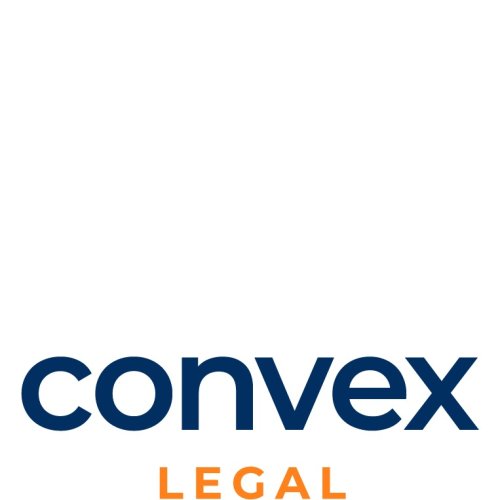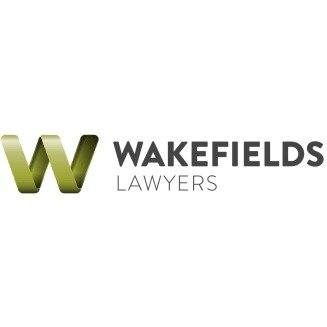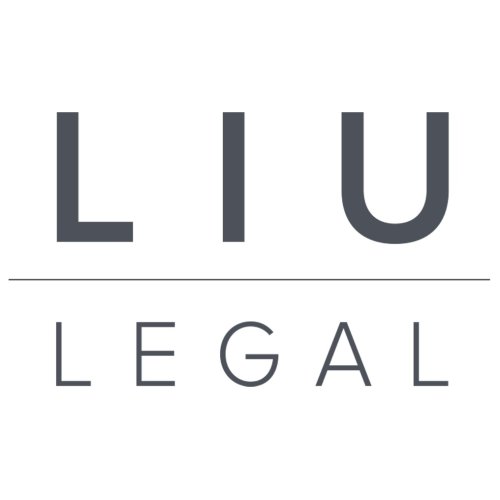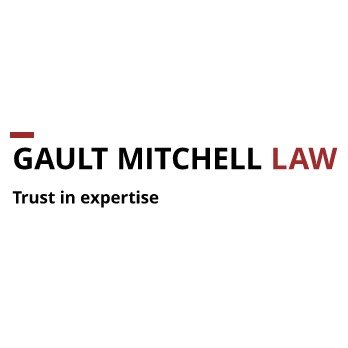Best Energy, Environment & ESG Lawyers in Wellington
Share your needs with us, get contacted by law firms.
Free. Takes 2 min.
List of the best lawyers in Wellington, New Zealand
About Energy, Environment & ESG Law in Wellington, New Zealand
Wellington, as New Zealand's capital, is home to several key government agencies and organizations influencing energy, environmental protection, and Environmental, Social, and Governance (ESG) practices. The law in this sector aims to balance economic activity with the sustainable management of natural resources, protection of ecosystems, and the integration of responsible corporate governance. The legal framework includes national statutes, local regulations, and international commitments, all of which affect businesses, developers, public sector organizations, and individuals in the Wellington region.
Why You May Need a Lawyer
You may need legal assistance in energy, environment, and ESG matters for reasons such as:
- Seeking or opposing resource consents for developments
- Complying with environmental regulations for business operations
- Addressing climate change and emissions obligations under New Zealand law
- Dealing with contamination, pollution, or environmental incidents
- Understanding obligations under the Resource Management Act and other statutes
- Assessing ESG risks, investments, and reporting requirements
- Responding to enforcement actions by regulatory authorities
- Navigating disputes over land, energy infrastructure, or water rights
- Participating in public consultations or submissions on policy changes
Local Laws Overview
The primary legislation governing energy, environment, and ESG in Wellington is the Resource Management Act 1991, which oversees land use, natural resource allocation, and sustainable development. Wellington City Council and Greater Wellington Regional Council administer regional and district plans that detail rules for land, water, and air activities.
Laws such as the Climate Change Response Act, the Building Act, the Hazardous Substances and New Organisms Act, and the Crown Minerals Act also impact activities ranging from renewable energy projects to hazardous waste management. Environmental and ESG expectations are rapidly evolving with public demand for transparency, responsible investment, and carbon reduction initiatives.
Frequently Asked Questions
What is the Resource Management Act and how does it affect me?
The Resource Management Act 1991 is New Zealand's core law for regulating the use of land, water, and natural resources. It affects property owners, businesses, and developers by requiring resource consents for certain activities and setting environmental standards.
What are the main environmental regulations in Wellington?
Wellington's regional and city councils implement plans that dictate what you can do with your land or business operations regarding air, water, noise, emissions, and land use. You might need a resource consent depending on your activities.
What is ESG and why does it matter in New Zealand?
ESG stands for Environmental, Social, and Governance. It is a framework for businesses and investors to assess risks and responsibilities related to environmental impacts, social responsibility, and corporate governance. In New Zealand, there is growing regulation and public expectation for robust ESG practices.
How do I deal with a pollution incident or environmental spill?
Report the incident immediately to the Greater Wellington Regional Council or Wellington City Council. You may have legal responsibilities for containment and clean-up. A lawyer can help you navigate compliance and potential liability issues.
Do renewable energy projects need special permits in Wellington?
Most renewable energy developments, including solar and wind farms, require resource consents and must comply with local plans. Community consultation and environmental impact assessments are often part of the process.
Are there incentives for clean energy in Wellington?
There are national and local initiatives encouraging clean energy, such as grants for home insulation or electric vehicles, and government targets for renewable electricity generation. Eligibility and availability can change, so check with relevant agencies or a lawyer.
Does my business need to report on climate change or sustainability?
Certain large businesses and financial market participants are required by law to make climate-related financial disclosures. For others, voluntary sustainability and ESG reporting is increasingly common and expected by investors and stakeholders.
How can I oppose a proposed development on environmental grounds?
You can submit feedback or objections during the public consultation phase of a resource consent application or plan change. Legal advice is essential to ensure your submission is effective and follows the statutory process.
What are my rights if I live near a noisy or polluting neighbor?
Environmental and noise standards must be followed by all residents and businesses. The council can investigate breaches. Legal recourse is available if informal mediation does not resolve the issue.
Who enforces environmental and energy laws in Wellington?
Local councils enforce most resource management and environmental rules. Central government agencies like the Ministry for the Environment and the Environmental Protection Authority have roles in national-level enforcement and regulation.
Additional Resources
The following organizations and government bodies can provide more information:
- Wellington City Council and Greater Wellington Regional Council - for local regulations and resource consents
- Ministry for the Environment - for national policy and law
- Environmental Protection Authority - for hazardous substances and major projects
- New Zealand Green Building Council - for building and sustainability guidance
- BusinessNZ Sustainable Business Council - for corporate sustainability resources
- Community Law Wellington and Hutt Valley - for general environmental legal advice
Next Steps
If you need legal advice or representation in energy, environment, or ESG matters:
- Document all details of your situation, including correspondence, council notices, or evidence of problems
- Contact a specialist lawyer based in Wellington with experience in environmental and resource management law
- Consult relevant government departments and local councils for guidance before commencing any project or responding to enforcement actions
- Consider getting involved in public consultations or submissions if your concern relates to policy or planning changes
- Keep up to date with changes in the law, as environmental and ESG requirements continue to evolve in New Zealand
Seeking early legal guidance can prevent costly mistakes and ensure that you understand and fulfil your legal obligations, whether you are acting as an individual, a business, or a community group in Wellington.
Lawzana helps you find the best lawyers and law firms in Wellington through a curated and pre-screened list of qualified legal professionals. Our platform offers rankings and detailed profiles of attorneys and law firms, allowing you to compare based on practice areas, including Energy, Environment & ESG, experience, and client feedback.
Each profile includes a description of the firm's areas of practice, client reviews, team members and partners, year of establishment, spoken languages, office locations, contact information, social media presence, and any published articles or resources. Most firms on our platform speak English and are experienced in both local and international legal matters.
Get a quote from top-rated law firms in Wellington, New Zealand — quickly, securely, and without unnecessary hassle.
Disclaimer:
The information provided on this page is for general informational purposes only and does not constitute legal advice. While we strive to ensure the accuracy and relevance of the content, legal information may change over time, and interpretations of the law can vary. You should always consult with a qualified legal professional for advice specific to your situation.
We disclaim all liability for actions taken or not taken based on the content of this page. If you believe any information is incorrect or outdated, please contact us, and we will review and update it where appropriate.
Browse energy, environment & esg law firms by service in Wellington, New Zealand
Wellington, New Zealand Attorneys in related practice areas.

















